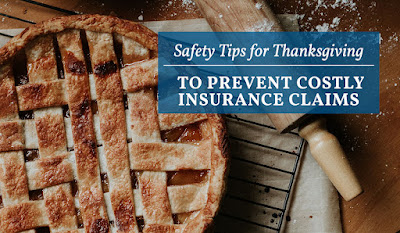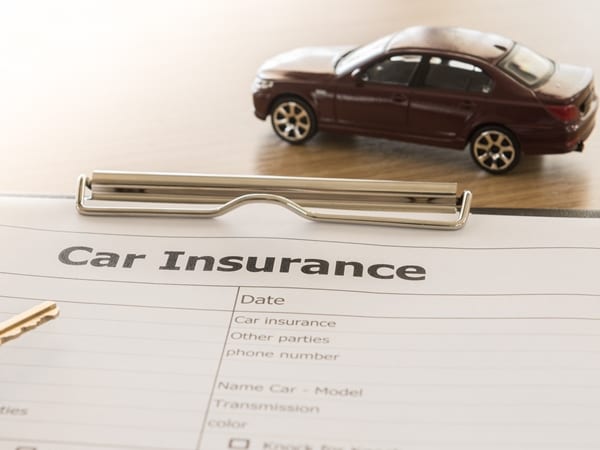If you are between the ages of 18 and 24 you are likely overall healthy and because you are young, you probably assume that you do not need to carry life insurance. The sad reality is that life happens. Life insurance can still provide great benefits in the case of sudden tragedies caused by illness or unforeseen circumstances.
Unlike many types of insurance, Life Insurance is not meant to
protect you but to provide financial protection for your loved ones in the
event that something was to happen to you. If you are recently engaged,
married, or have young children – life insurance can be absolutely key for your
family.
Even if you have not begun growing your own family yet, life
insurance can still be a great way to begin accruing wealth to pass on or use
later in life. It is also a safety net to ensure that you do not leave unpaid
debts to your family in the event of your death.
Term Life Insurance
Term life insurance is typically the most affordable option. It
covers you for a set period of time, usually between 10 and 30 years. If you
were to pass away during this time, the death benefit would be paid to your beneficiary.
The downside to term insurance is that there is no cash value after the term
has expired.
Permanent Life Insurance
Permanent life insurance is usually more expensive than term, as
it covers you for the rest of your life as long as the premiums are paid.
Permanent insurance provides the death benefit and cash value, so as the value
of your plan increases you have the option to take out a loan or make
withdrawals as needed. While these policies are more expensive, they are great
options for accumulating wealth and for those with lifelong financial responsibilities.
Pros and Cons
The benefits and drawbacks of a life insurance policy may vary, so
be sure you do plenty of research before making a decision. The pros are
generally that when you are young you can lock in lower premiums while
providing a financial safety net for your loved ones and begin creating wealth
that can help leave a legacy. Many young people are comforted knowing that debts
such as student loans are not passed on to their parents.
The cons are primarily cost-related to young people who may be struggling
to maintain a budget, and in the case of a term life policy you may not end up
using the policy at all. Although, this is actually a good thing because no one
wishes for tragedy to befall them.
According to a recent study, only 34% of Generation Z have some
form of Life Insurance coverage.
If you are interested in learning
more about Life Insurance policies, Ken Allen Insurance Agency can help! As a leading
provider of insurance for homeowners, property investors, commercial
properties, auto, and health. Find the best rates and work with a team
you can trust for all of your insurance needs. By choosing Ken Allen
Insurance Agency out of Garland, Texas, you will have the FREEDOM of CHOICE
because we are independent agents helping you find the right insurance coverage
and rates that meet your needs. We have the ability to shop over 50
Insurance Companies to find the best rate for you.
Protecting your home, family,
investment property and vehicle is crucial. That’s why Ken Allen
Insurance Agency is dedicated to helping people just like you get insured for
the things that matter most in life. We build relationships with our
clients that are lasting and developed on trust. Every member of our team
is licensed and capable of assisting with all your insurance needs.
Ken Allen Insurance makes
getting a quote easy. Simply use the form for quotes and one of our
agents will get in touch with you right away or give us a call at (972)
226-1330 TODAY!



